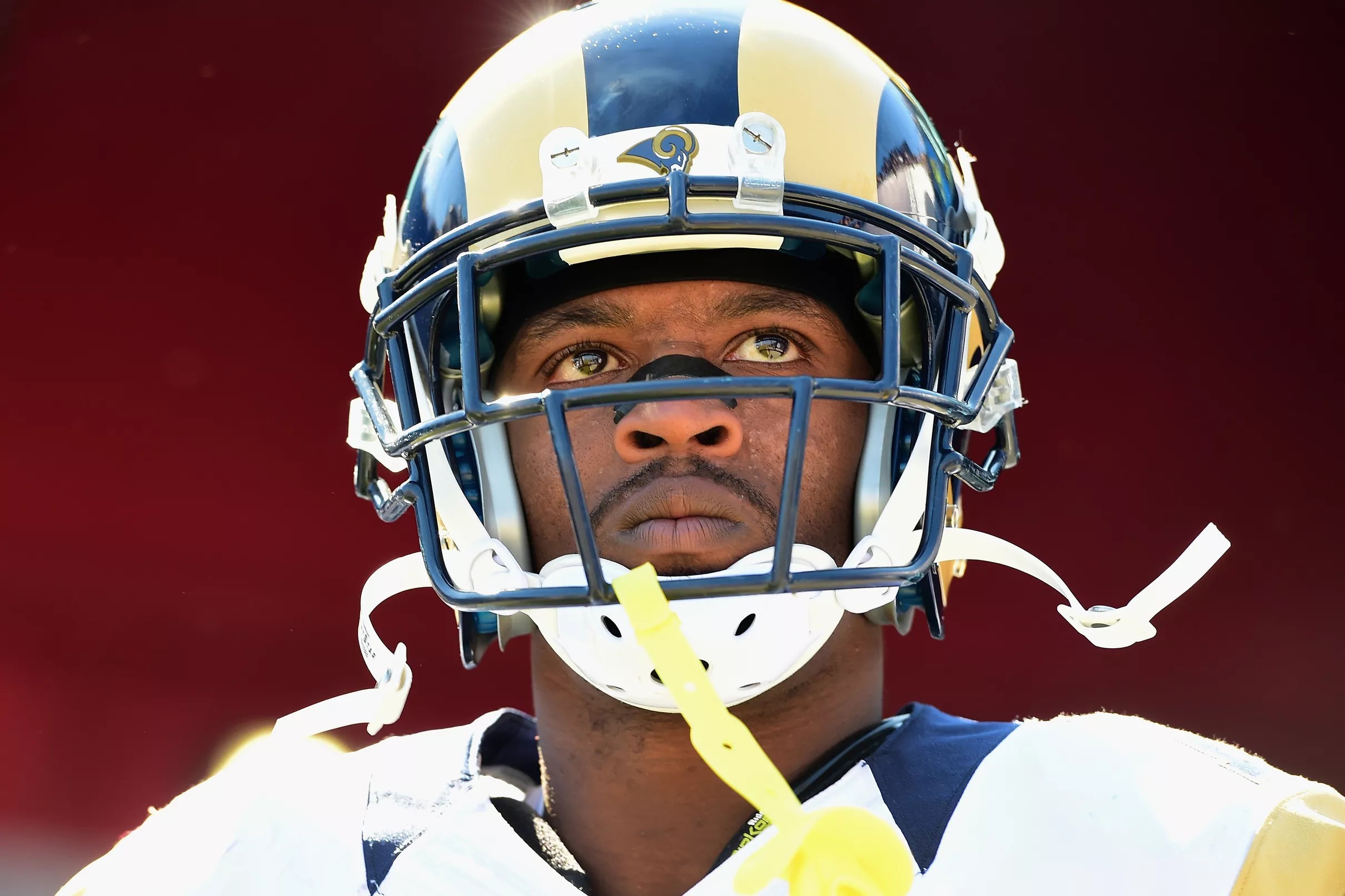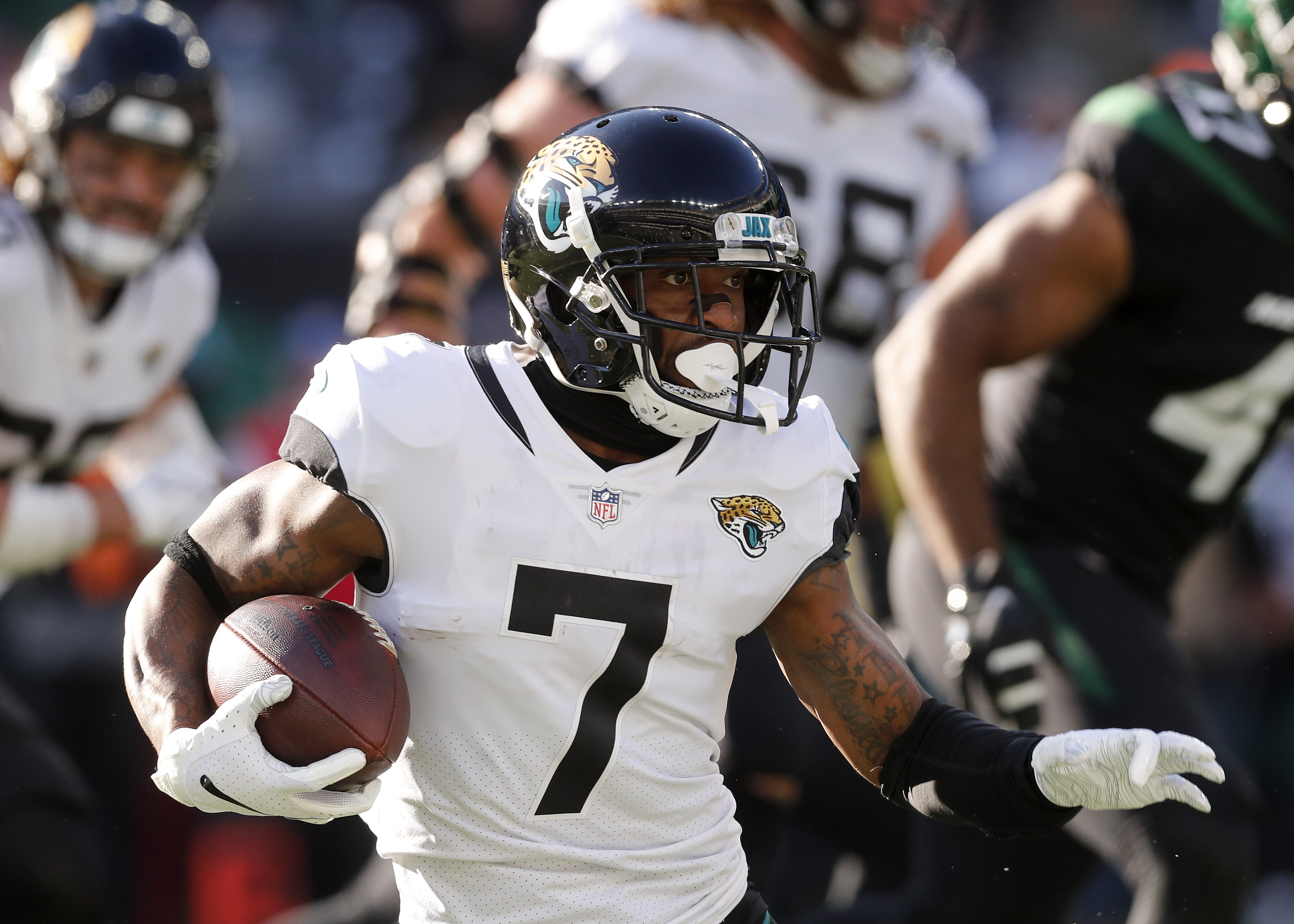The Case of Trayvon Martin: Tayvon Austin

The shooting death of Trayvon Martin, an unarmed Black teenager, by George Zimmerman, a neighborhood watch volunteer, in Sanford, Florida, in 2012, sparked a national outcry and ignited a movement for racial justice. The case, which became a flashpoint in the ongoing debate about race, gun control, and self-defense laws, continues to be a subject of intense scrutiny and discussion.
Timeline of Events
The events leading up to Trayvon Martin’s death unfolded on February 26, 2012, culminating in a fatal encounter that would forever alter the course of American history.
- February 26, 2012: Trayvon Martin, a 17-year-old Black teenager, was walking back to his father’s girlfriend’s house from a convenience store in Sanford, Florida. He was carrying a bag of Skittles and an iced tea. George Zimmerman, a neighborhood watch volunteer, called 911, reporting a suspicious person. Zimmerman described Martin as “a black male” and said he was “acting real suspicious.”
- February 26, 2012: The 911 call was disconnected, but Zimmerman continued to follow Martin. Witnesses reported seeing the two men engage in a physical altercation. Zimmerman shot and killed Martin.
- March 13, 2012: Zimmerman was arrested and charged with second-degree murder.
- July 13, 2013: Zimmerman’s trial began in Sanford, Florida.
- July 13, 2013: After a six-week trial, Zimmerman was acquitted of all charges.
Legal Proceedings
The legal proceedings surrounding the case were highly controversial, with many people believing that Zimmerman received preferential treatment due to his race.
- Zimmerman’s acquittal sparked widespread protests and demonstrations across the country.
- The case also led to a national debate about Florida’s “Stand Your Ground” law, which allows individuals to use deadly force if they feel threatened.
- The Justice Department launched a civil rights investigation into the case, but ultimately decided not to bring charges against Zimmerman.
Public Reaction
The public reaction to the case was swift and intense, with people taking to the streets in protest and expressing their outrage on social media.
- The case became a symbol of the racial injustice that many Black Americans face in the United States.
- The case also sparked a national conversation about the role of race in the criminal justice system.
- The case galvanized the Black Lives Matter movement, which has since become a powerful force for social change.
Impact on the National Conversation
The case of Trayvon Martin had a profound impact on the national conversation about race, gun control, and self-defense laws.
- The case highlighted the racial disparities in the criminal justice system and the disproportionate impact of gun violence on communities of color.
- The case also led to calls for reform of “Stand Your Ground” laws, which many believe have contributed to an increase in violent crime.
- The case continues to be a source of debate and discussion, with people on both sides of the issue arguing their points of view.
Trayvon Martin’s Legacy

The tragic death of Trayvon Martin in 2012 had a profound and lasting impact on the United States, sparking a national conversation about race, justice, and the role of law enforcement. His death became a rallying cry for the Black Lives Matter movement, highlighting the systemic racism and police brutality faced by Black Americans.
Impact on the Black Lives Matter Movement
Trayvon Martin’s death served as a catalyst for the Black Lives Matter movement, which emerged in 2013 following the acquittal of George Zimmerman, the neighborhood watch volunteer who shot and killed Martin. The movement gained momentum in the wake of other high-profile cases involving the deaths of Black people at the hands of law enforcement, including Eric Garner, Michael Brown, and Breonna Taylor. The movement’s core message, “Black Lives Matter,” resonated with a wide range of people, challenging the notion that Black lives are less valuable than others.
Questions about Racial Profiling and Police Brutality
The Trayvon Martin case brought to light the issue of racial profiling, which occurs when individuals are targeted by law enforcement based on their race or ethnicity. Martin’s death, coupled with the lack of charges against Zimmerman, fueled the debate about the role of race in criminal justice. The case also raised concerns about police brutality and the disproportionate use of force against Black people.
Cultural and Artistic Responses, Tayvon austin
Trayvon Martin’s death inspired a wave of cultural and artistic responses, reflecting the grief, anger, and demand for justice that swept the nation. Musicians like Beyoncé, Kendrick Lamar, and J. Cole used their platforms to address the case and raise awareness about racial injustice. Films like “Fruitvale Station,” which tells the story of Oscar Grant, a young Black man who was killed by a transit police officer in Oakland, California, explored the themes of police brutality and racial profiling. Literature, including novels and poetry, also served as a means of processing the tragedy and amplifying the voices of those who were impacted by it.
Organizations and Initiatives
The Trayvon Martin case led to the creation of numerous organizations and initiatives dedicated to combating racial injustice and promoting equality.
| Organization/Initiative | Focus |
|---|---|
| The Trayvon Martin Foundation | To promote justice, equality, and positive change through education, advocacy, and community outreach. |
| The Equal Justice Initiative | To end mass incarceration and excessive punishment in the United States, challenge racial and economic injustice, and protect basic human rights for the most vulnerable people in American society. |
| The NAACP | To ensure the political, educational, social, and economic equality of rights of all persons and to eliminate racial hatred and racial discrimination. |
| Black Lives Matter | To eradicate white supremacy and build local power to intervene in violence inflicted on Black communities by the state and vigilantes. |
The Trayvon Martin Case in Context

The tragic shooting of Trayvon Martin in 2012 sparked widespread outrage and ignited a national conversation about race, justice, and the role of self-defense laws in the United States. The case, which involved the fatal shooting of an unarmed Black teenager by a neighborhood watch volunteer, resonated deeply with many Americans, prompting a critical examination of the legal and social implications of racial profiling, gun violence, and the Stand Your Ground law.
Comparison with Other Cases of Racial Injustice
The Trayvon Martin case shares similarities with other high-profile cases of racial injustice in the United States, highlighting the systemic issues of racial bias and discrimination within the criminal justice system. Cases like the death of Eric Garner in 2014, the shooting of Michael Brown in 2014, and the killing of George Floyd in 2020, all demonstrate the disproportionate impact of police brutality and racial profiling on Black Americans. These cases, like the Trayvon Martin case, sparked widespread protests and calls for police reform, highlighting the urgent need for systemic change.
Media Coverage and Public Perception
The media coverage of the Trayvon Martin case played a significant role in shaping public perception and influencing the course of the legal proceedings. The case garnered national attention, with news outlets and social media platforms reporting extensively on the events leading up to the shooting, the trial, and the verdict. Some critics argued that the media coverage was biased, focusing on the racial aspects of the case and portraying George Zimmerman, the shooter, in a negative light. Others maintained that the media coverage accurately reflected the public outcry and the concerns surrounding racial injustice. The intense media scrutiny undoubtedly contributed to the high level of public interest and the widespread debate surrounding the case.
Legal and Social Implications of Stand Your Ground
The Stand Your Ground law, which allows individuals to use deadly force if they reasonably believe they are in imminent danger, was a central point of contention in the Trayvon Martin case. The law was enacted in Florida in 2005, and it has since been adopted by several other states. Supporters of the law argue that it provides individuals with the right to defend themselves from harm. However, critics contend that the law encourages vigilantism and promotes racial bias, particularly in cases involving Black individuals. The Trayvon Martin case, in which George Zimmerman invoked the Stand Your Ground law to justify his actions, brought the law under intense scrutiny and sparked a debate about its effectiveness and potential for misuse.
Tayvon Austin, a name synonymous with speed and agility on the football field, is a player who’s captured the hearts of many fans. To get a glimpse into the life of this talented athlete, you can check out his social media presence, especially tavon austin instagram.
There, you’ll find a collection of photos and videos showcasing his athleticism, personal moments, and even glimpses into his training routines. It’s a great way to connect with Tayvon Austin beyond the game and see what makes him tick.
Tayvon Austin, a name that resonates with speed and agility on the football field, was a force to be reckoned with. To get a deeper understanding of his impact, you can check out tavon austin nfl stats , which showcases his impressive career numbers.
From electrifying returns to explosive plays, Austin left a lasting mark on the NFL.
